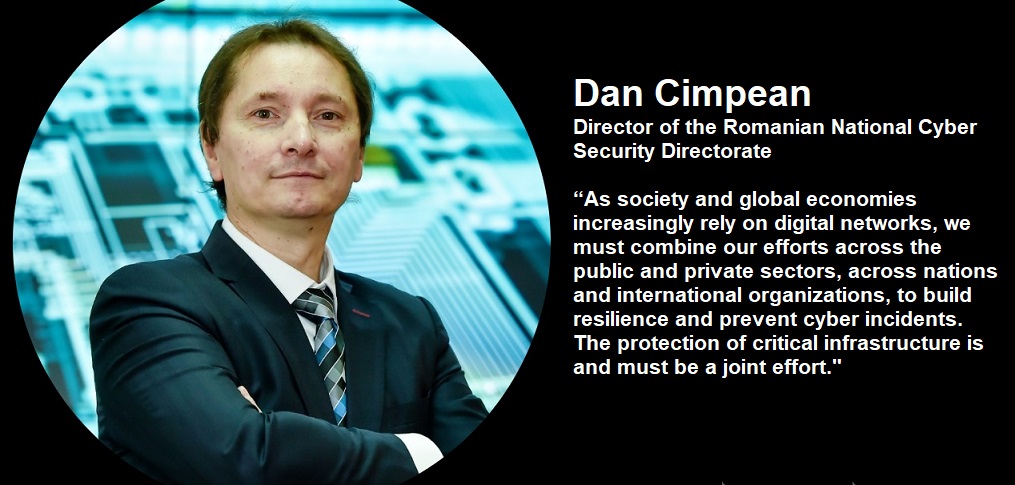Gartner study about disruptive tehnologies in banking: the top priorities for bank CIOs are IoT and artificial intelligence

Banking and investment services CIOs are increasingly convinced that their old business models and existing value propositions will not be sustainable in the future, according to a survey from Gartner. Gartner’s 2018 CIO Agenda Survey gathered data from 3,160 CIO respondents in 98 countries and across major industries, including 354 banking and investment services CIOs.
„Digital transformation and its related technologies such as APIs are more important for banking than for other industries,” says Pete Redshaw, managing vice president at Gartner. “Banks and other banking and investment services organisations clearly recognise that the status quo is not sustainable, and they must disrupt themselves before it is done to them.”
When it comes to strategic business priorities, the survey found that digital business/digital transformation is more important for banking (first priority for 26% of respondents) than for all industries (17%).
In terms of investment priorities, banking CIOs rank AI, APIs and legacy modernisation as top of their agenda, with blockchain and Internet of Things failing to make the cut.
„These priorities point to a continuing tension between two opposing forces,” says Redshaw. „On the one hand, there is a need to rapidly transform the business, while, on the other hand, there is the innate inertia that arises from a huge IT estate that supports a heavily regulated industry.”
Planned additional spend on digitalisation/digital marketing is also much more prominent in the banking and investment services sector (22%) than the all-industries average (12%).
Says Redshaw: „This is an industry that recognises that a firm must become truly digital – in culture, value and technology – if it is to stand a chance of surviving and thriving.”
CIOs in Asia/Pacific report higher adoption of disruptive technologies such as the Internet of Things (IoT), artificial intelligence (AI) and conversational interfaces than their global peers, according to an annual survey of CIOs by Gartner, Inc.
Forty-three percent said they have deployed or are in short-term planning for deployment of IoT technologies (compared to 37 percent globally) and 37 percent for AI (compared to 25 percent globally). Investments have been made in conversational interfaces by 28 percent (21 percent globally) and virtual reality (VR) and augmented reality (AR) by 20 percent (17 percent globally). Thirteen percent have adopted blockchain or distributed ledger technology, compared to 9 percent globally.
The changing role of the CIO
The survey indicates that 95 percent of CIOs expect their jobs to change or be remixed due to digitalization. While world-class IT delivery is a given, it will increasingly take up less of the CIO’s time. Respondents believe that the two biggest transformations in the CIO role will be becoming a change leader, followed by assuming increased and broader responsibilities. Inevitably, the job of CIO will extend beyond the traditional delivery roles to other areas of the business, such as innovation management and talent development.
„The nature of the CIO’s job has changed from the role of delivery executive to that of IT business executive – from controlling cost and engineering processes, to driving revenue and exploiting data,” said Mr. Rowsell-Jones, vice president at Gartner. „Leaders are rapidly scaling their digital businesses, making the remainder of this year and 2018 a defining moment for CIOs who don’t want to be left behind.”
The survey results show that Asia/Pacific CIOs increasingly have responsibility for areas of the business outside traditional IT, but significantly less than global peers. 44 percent are responsible for digital transformation (55 percent globally); 37 percent for innovation (54 percent globally) and 17 percent for enterprise change (28 percent globally).
„In some parts of Asia especially, it’s hard for CIOs to get the authority to act outside of the narrow confines of IT,” said Mr. Rowsell-Jones. „Nevertheless, that does not mean they should abrogate their responsibility to bring about far reaching enterprise change.”
Enterprise IT budget growth
CIOs in Asia/Pacific expect their budgets to grow 5.1 percent, higher than the global average of 3 percent, according to the survey. In Australia and New Zealand, CIOs are expecting an average 3.2 percent increase in IT budgets, an improvement from the 2 percent increase expected last year.
„IT budget growth across the whole of Asia/Pacific is strong this year as enterprises digitalize,” said Mr. Rowsell-Jones.
In Asia/Pacific, CIOs are on the road from digital experimentation to digital scaling, according to the survey findings. However, a wall exists between those early digital experiments and pilots, and those that have achieved digital scale. Only 15 percent have achieved digital scale and 3 percent are already at the stage of harvesting and refining their digital strategies, which is on par with global peers.
The main barrier appears to be organizational culture, according to 42 percent of Asia/Pacific CIOs (46 percent globally). This is followed by a shortage of talent (24 percent) and resources (19 percent).
„CIOs need to identify the cultural behaviors that currently exist and what the future state vision is,” said Mr. Rowsell-Jones. „In doing so, they must recognize existing cultural strengths and position cultural change as ‘the next chapter,’ rather than a massive overhaul, to respect employees’ contributions and invite them to come along on the journey.”
Source: Gartner
Dariusz Mazurkiewicz – CEO at BLIK Polish Payment Standard
Banking 4.0 – „how was the experience for you”
„To be honest I think that Sinaia, your conference, is much better then Davos.”
Many more interesting quotes in the video below:










